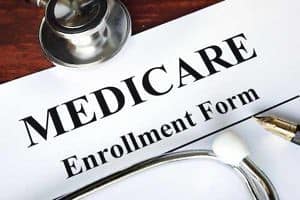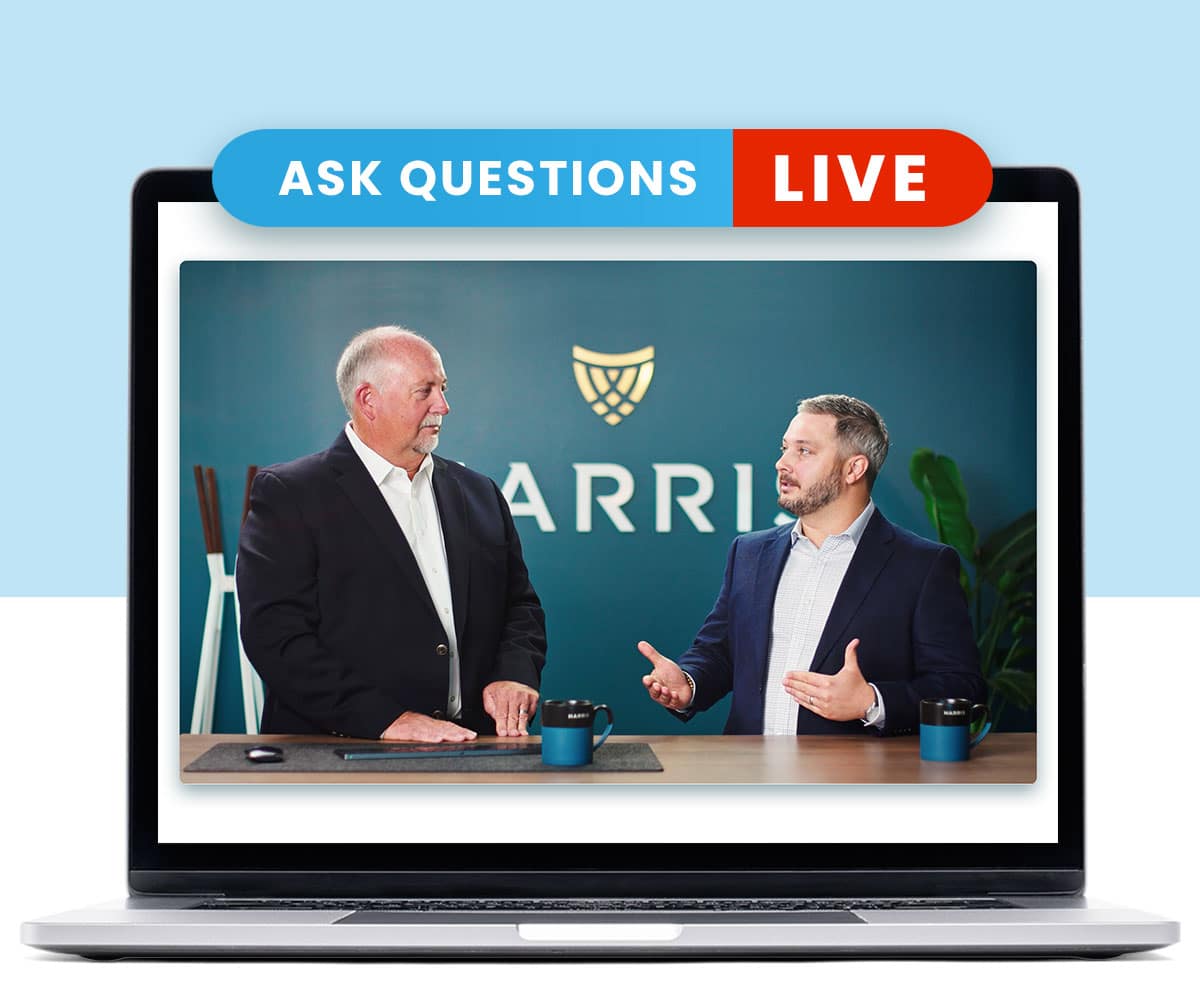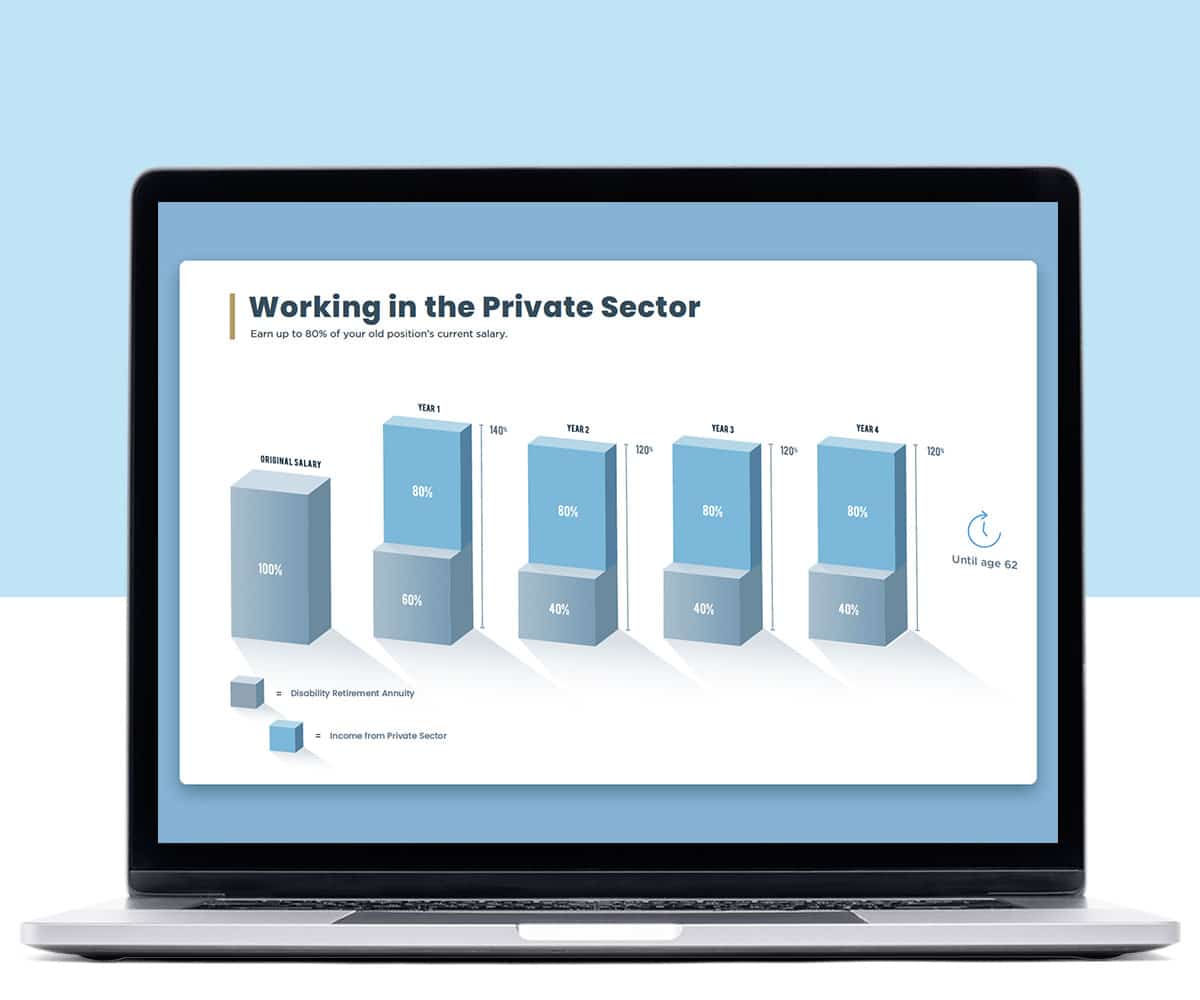
If you are a federal employee age 65 or older, you are eligible to enroll in Medicare. Enrollment in the Federal Employee Health Benefits Program has great benefits, so often, federal employees don’t see the need for Medicare. However, Medicare demands enrollment and even threatens those who don’t enroll with penalties. If this is the case, you may be forced to choose whether to enroll in Medicare just to avoid the penalty.
The following will give you a better idea of Medicare penalties:
There is no penalty if you are still covered by “active employment coverage”. FEHB is considered active employment coverage while still employed by the federal government. When you retire, FEHB is considered “annuitant coverage”.
Important Notes:
- Those who are age 65, still working, and covered by FEHB won’t be penalized for declining Medicare.
- Those who are retired, but still covered under FEHB (or employer plan) through a working spouse are considered covered by active employment coverage and therefore, aren’t penalized.
Medicare Part A does not have a late penalty. Part A is free for most Americans. Even if you enroll late, there is no penalty. However, there is a drawback. Part A precludes enrollees from contributing to a Health Savings Account. HSA offers more robust benefits that a Flexible Spending Account, such as:
- Higher contribution limits: $3,450 for those enrolled in a Self-Only Health Plan and $6,900 for those enrolled in Self Plus One or Family Plans
- $1,000 additional catch-up contributions for those over 55
- No “use it or lose it”
- No account limits
- Account can be invested
- Money in this account can be used for a broader range of qualified expenses, such as Long-Term Care Insurance premiums, Medicare Part B premiums, and non-prescription drugs and services
- You can access HSA money into retirement
The benefits of an HSA can save you thousands of dollars on a yearly basis. And Medicare penalties are only for LATE enrollment. So, if you never enroll, then you won’t need to pay the penalty.
So, do you need both?
There are a couple of ways to answer this:
First, you don’t need both. There are differences between each plan in FEHB, and there are differences between FEHB and Medicare. A quote from the Office of Personnel Management says, “generally, plans under the FEHB program help pay for the same kinds of expenses as Medicare.”
FEHB is more comprehensive in many cases, including emergency care outside the U.S., along with dental and vision, which Medicare doesn’t cover. Plus, you can switch FEHB plans during Open Season, even in retirement.
Second, there is a benefit to having both. Many FEHB plans have a special “coordination of benefits” with Medicare, where FEHB plans pick up the secondary cost immediately and waive their deductibles, co-pays, and co-insurance. This can result in no out-of-pocket costs to you. So, basically the decision whether to have both comes down to a comparison between the cost of Medicare and out-of-pocket costs you would have without Medicare.
Here are a couple of examples:
- An FEHB Self Plus One plan has an out of pocket max of $6,500. Part B premiums for a couple (based on joint income) costs about $6,500. You must ask yourself if it is worth spending $6,500 in Part B premiums just to avoid a potential $6,500 loss if a catastrophic event occurred.
- An FEHB Self Plus One plan has an out of pocket max of $12,000. Part B premiums for a couple (based on joint income) costs about $3,000. As with the first example, you must ask yourself if it’s worth spending $3,000 in Part B premiums just to avoid a potential $12,000 loss if a catastrophic event occurred.
Everyone’s situation is different. All of these points should be weighed carefully when deciding whether to enroll in Medicare.


